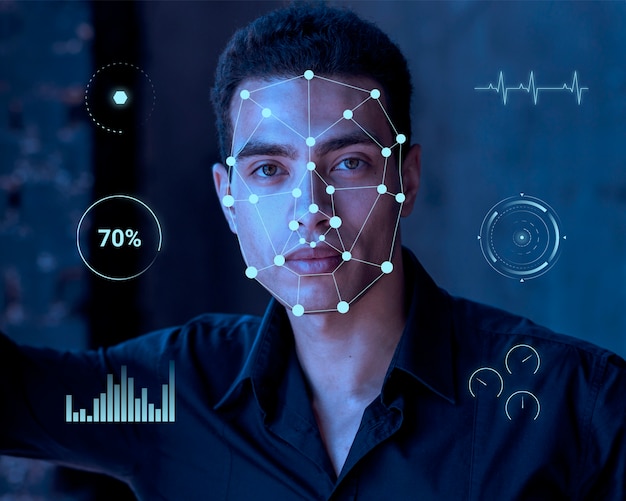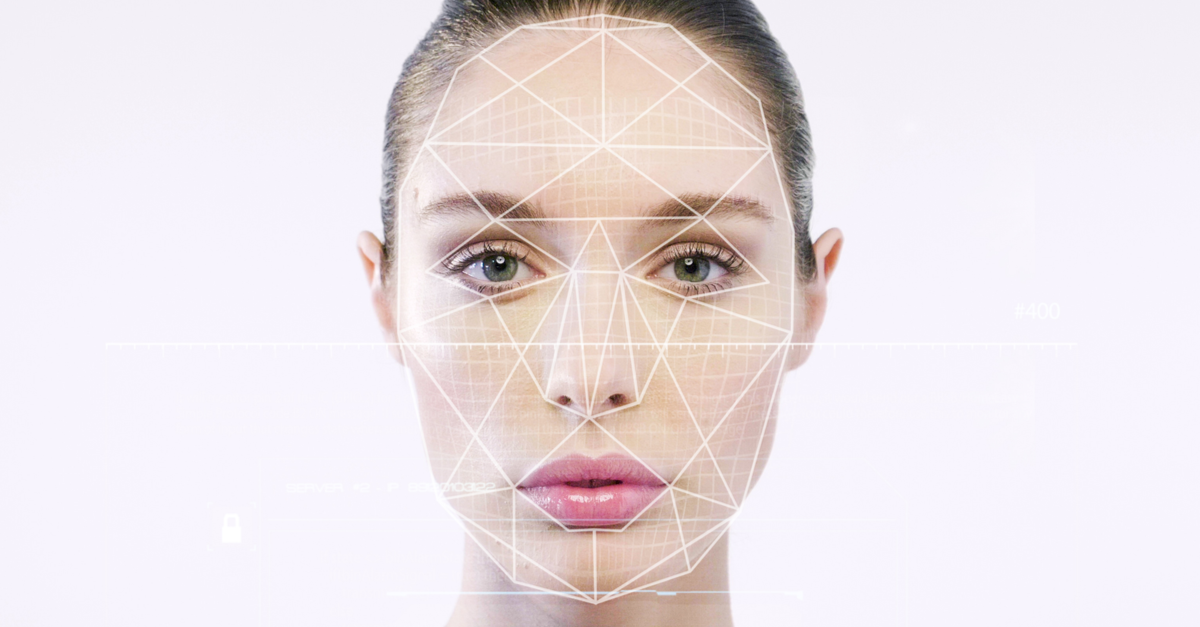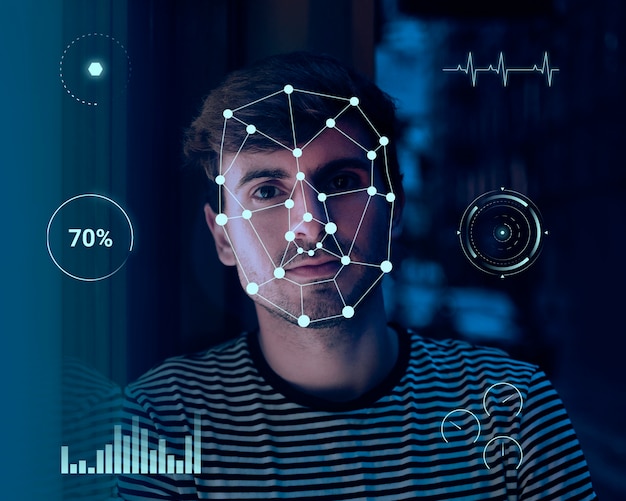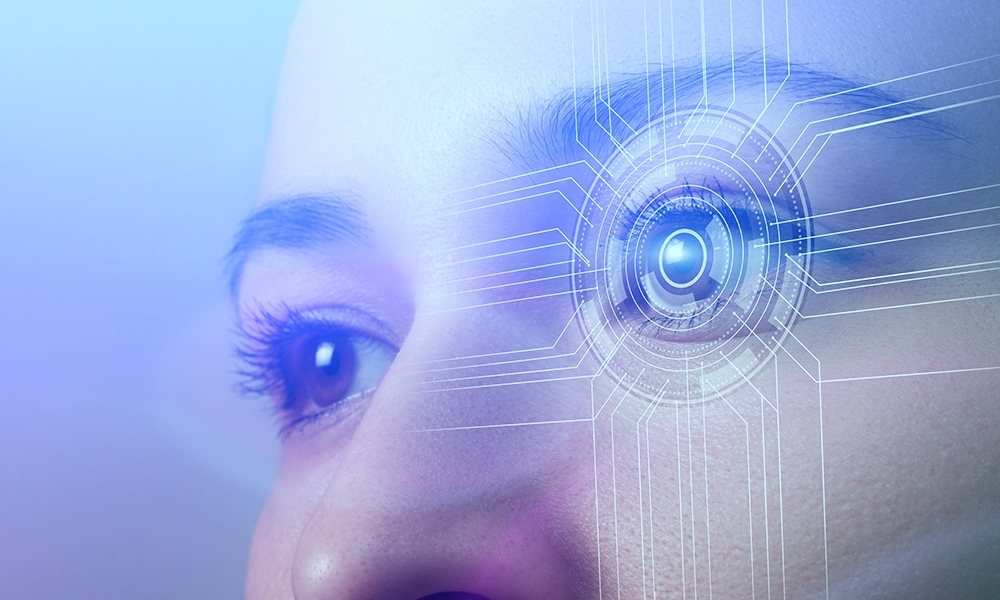Facial recognition technology has seen significant advancements, becoming a prominent tool for security, identity verification, and convenience. However, the rise of facial recognition has also sparked concerns over privacy, ethics, and civil liberties. Consequently, seeking facial recognition-free alternatives can address these concerns while still providing effective solutions for various needs. Therefore, this comprehensive guide delves into the ethical concerns surrounding facial recognition, explores alternative technologies, and discusses practical implementation strategies. By exploring these aspects, you can make informed decisions that balance innovation with ethical considerations.
Ethical Concerns Surrounding Facial Recognition
The adoption of facial recognition technology raises several ethical concerns that warrant careful examination and consideration. Understanding these concerns helps guide responsible decision-making. Therefore, exploring the ethical concerns surrounding facial recognition is crucial.

Privacy Invasion
One of the primary ethical concerns is the potential invasion of privacy. Facial recognition technology can capture and store biometric data without individuals’ consent, often used in public spaces and monitored areas. This widespread surveillance can lead to a loss of anonymity and autonomy, with individuals feeling constantly observed. Furthermore, unauthorized access to biometric data can expose individuals to security risks. By understanding the privacy implications of facial recognition, you can advocate for responsible data usage. Therefore, recognizing the importance of privacy protection is crucial.
Bias and Discrimination
Another significant ethical issue is the bias and potential for discrimination inherent in facial recognition systems. Studies have shown that these systems may exhibit biases based on race, gender, and age, leading to higher error rates for certain groups. This bias can result in discriminatory practices, such as wrongful identification by law enforcement or differential treatment in service provision. Addressing these biases is essential to ensure fairness and equality. By understanding the impact of bias in facial recognition, you can push for more inclusive and accurate technologies. Therefore, recognizing the need to combat discrimination is essential.
Alternative Technologies to Facial Recognition
Considering the ethical concerns, exploring alternative technologies that provide similar functionalities without the drawbacks is important. Understanding these alternatives ensures effective and responsible solutions. Therefore, exploring alternative technologies to facial recognition is essential.
Fingerprint Scanning
Fingerprint scanning is a viable alternative to facial recognition, offering a high level of accuracy and security. Unlike facial recognition, fingerprint scanners require physical contact, which provides clear consent from individuals. Fingerprint data is unique and difficult to replicate, making it effective for secure identity verification and access control. Additionally, fingerprint scanning technology is widely available and cost-effective, making it accessible for various applications. By understanding the advantages of fingerprint scanning, you can consider it as a reliable alternative. Therefore, recognizing the value of fingerprint technology is crucial.
Voice Recognition
Voice recognition technology uses vocal patterns to identify and authenticate individuals. This method provides a non-intrusive and consent-based alternative to facial recognition. Voice recognition systems can be integrated into various devices and applications, making them versatile for different uses. Moreover, voice data is unique to each individual, offering robust security features. However, factors such as background noise and voice changes can affect accuracy. By understanding the strengths and limitations of voice recognition, you can evaluate its suitability as an alternative. Therefore, recognizing the potential of voice recognition is essential.

Implementing Ethical Alternatives
Implementing ethical alternatives to facial recognition involves careful planning and consideration of different factors. Understanding these factors ensures effective implementation. Therefore, exploring strategies for implementing ethical alternatives is crucial.
Employee and End-User Education
Educating employees and end-users about the ethical implications of biometric technologies is essential. Providing training on alternative technologies and their ethical advantages can foster informed usage and acceptance. Clear communication about how data is collected, stored, and used can alleviate privacy concerns and promote transparency. Ensuring that individuals understand their rights and consent procedures enhances trust and compliance. By understanding the importance of education, you can create a responsible and ethical implementation environment. Therefore, recognizing the value of informed usage is crucial.
Data Security and Compliance
Implementing robust data security measures is crucial to protecting biometric data and ensuring ethical usage. Use encryption and secure storage solutions to safeguard data from unauthorized access. Regularly update systems to address vulnerabilities and comply with relevant regulations and standards, such as GDPR or CCPA. Conducting regular audits and assessments can help identify potential risks and improve security practices. By understanding the importance of data security and compliance, you can protect individuals’ privacy and integrity. Therefore, recognizing the significance of secure data practices is essential.
Practical Applications of Ethical Alternatives
Ethical alternatives to facial recognition can be implemented across various sectors, offering effective solutions while addressing ethical concerns. Understanding these applications highlights their versatility and practicality. Therefore, exploring practical applications of ethical alternatives is essential.
Healthcare and Medical Facilities
In healthcare settings, patient identification is crucial for ensuring accurate treatment and service delivery. Ethical alternatives such as fingerprint scanning or vein pattern recognition can provide secure and reliable identification without compromising privacy. These technologies can be used for patient check-ins, accessing medical records, and ensuring authorized personnel access to sensitive areas. By understanding the benefits of these technologies in healthcare, you can enhance patient safety and data integrity. Therefore, recognizing their applicability in medical settings is crucial.

Financial Services
The financial sector can benefit from ethical alternatives for identity verification and fraud prevention. Fingerprint and voice recognition technologies can enhance security for banking transactions, account access, and customer service interactions. These methods offer strong authentication without the privacy risks associated with facial recognition. Additionally, implementing these technologies can help financial institutions comply with regulatory requirements and improve customer trust. By understanding the importance of ethical alternatives in financial services, you can promote secure and responsible practices. Therefore, recognizing their value in this sector is essential.
Addressing Common Questions About Ethical Alternatives
Understanding common questions about ethical alternatives provides clarity and addresses potential concerns. Knowledge of these answers ensures better preparation and effective implementation. Therefore, exploring common questions is essential.
Are Alternative Technologies as Accurate as Facial Recognition?
Alternative technologies such as fingerprint and voice recognition can offer high levels of accuracy comparable to facial recognition. However, the effectiveness of these technologies depends on factors such as the quality of the data collection and the specific use case. In many instances, alternative technologies provide reliable and secure identification and authentication. By understanding the accuracy and reliability of these alternatives, you can confidently implement them in place of facial recognition. Therefore, recognizing their effectiveness is crucial.
How Do Alternatives Address Privacy Concerns?
Ethical alternatives to facial recognition address privacy concerns through consent-based and non-intrusive data collection methods. Technologies like fingerprint and voice recognition require individuals to actively participate, providing clear consent. Additionally, these alternatives often involve fewer privacy risks, as they do not rely on extensive surveillance or capture data from public spaces. By understanding how alternatives mitigate privacy issues, you can ensure responsible and ethical implementations. Therefore, recognizing their privacy benefits is essential.

Addressing Common Misconceptions About Ethical Alternatives
Addressing common misconceptions about ethical alternatives provides accurate information and dispels unwarranted concerns. Clearing up misunderstandings ensures informed and effective usage. Therefore, exploring common misconceptions is important.
Misconception: Facial Recognition is the Only High-Tech Solution
A common misconception is that facial recognition is the only advanced technology available for secure identification and authentication. In reality, several ethical alternatives offer similar levels of sophistication and security. Technologies such as fingerprint and voice recognition have been refined over the years, providing reliable and effective solutions. By understanding the breadth of available technologies, you can explore various high-tech options that address ethical concerns. Therefore, dispelling this misconception highlights the diversity of advanced solutions.
Misconception: Alternatives Are Costly and Complicated to Implement
Another misconception is that ethical alternatives to facial recognition are prohibitively expensive and complicated to implement. While initial setup costs may vary, many alternatives offer cost-effective and scalable solutions. Moreover, advancements in technology have made these alternatives more accessible and user-friendly. By understanding the feasibility of implementing ethical alternatives, you can consider them as viable options for various applications. Therefore, dispelling this myth emphasizes the practicality of these solutions.

Conclusion: Embracing Ethical Alternatives to Facial Recognition
The adoption of ethical alternatives to facial recognition addresses privacy, bias, and discrimination concerns while offering effective solutions. Proper preparation, including understanding the ethical implications and exploring alternative technologies, sets the foundation for responsible decision-making.
Exploring fingerprint and voice recognition technologies provides viable alternatives without the drawbacks of facial recognition. Recognizing the importance of education, data security, and compliance ensures ethical implementations. Addressing common questions and misconceptions provides clarity and confidence in using these alternatives effectively.
By engaging with these aspects, you can embrace ethical alternatives to facial recognition, balancing innovation with ethical considerations. Therefore, whether you are seeking secure identification solutions or addressing privacy concerns, understanding the value of these alternatives offers practical and responsible solutions. Embrace the advantages of ethical technologies, knowing you have the knowledge and resources to make informed and responsible decisions in an evolving technological landscape!


